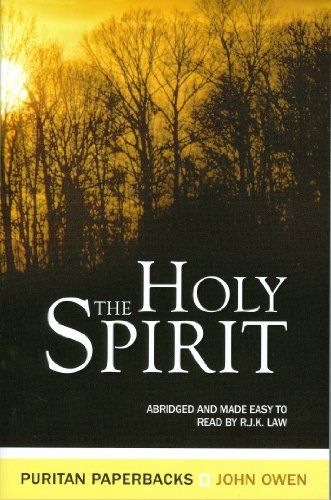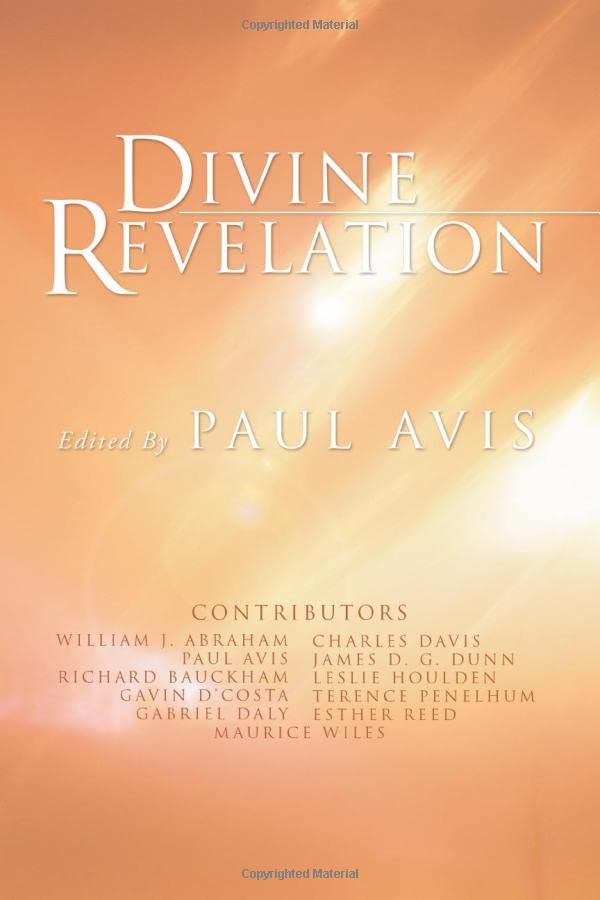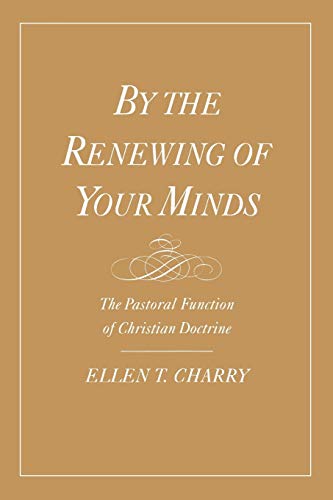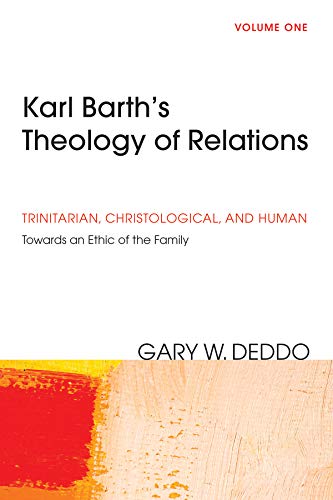Changing Values: How to find moral truth in modern times
Written by David Attwood Reviewed By Andy DraycottThese are two books, both highly commended, for anyone interested in Christian ethics. Attwood deliberately writes at a popular level, whereas Banner does not share this aim. Nevertheless both authors prize clarity over the confusion, not necessarily recognised, that reigns in the field of discussion, both in and outside the church. A clarity, furthermore, that both take as defined for the Christian ethicist in the givenness of the gospel to which all moral enquiry must refer.
Attwood seeks to outline a Christian moral theory, that is therefore reasonable and authoritative: allowing ‘us to distinguish between genuine moral dilemmas, and ordinary moral confusion or moral wilfulness’ (3). He contrasts his approach to modern ‘values’ language of everyday morality which ‘obscures the nature of moral truth’, which holds to ‘an outlook where morality is decided upon, and chosen, rather than reasoned’ (13). This of course is the question-begging position that Attwood establishes and seeks to explain and defend in the course of the book. For the reviewer there were times when the book seemed to be less than clear of its destination—but final reflection allows that this should be seen as a strength in the light of the lack of clarity Christians have in the area of moral reasoning. (A caution to critics would be that the path of explanation does not necessarily entail a commitment, one way or another, to an epistemology in ethics which precludes the deeper ontological questions, i.e. there is simply no need to run and hide when the author starts referring to Aquinas and Natural Law; nor gasp on finding the chapter on ‘The Bible and Christian Ethics’ at number twelve out of fourteen.)
Attwood patiently, progressively yet rigorously builds up a map of Christian ethical theory by way of local reconnoitring sorties to some less than well-charted heights and the murkier hollows. His defence of an ethical theory which has a place for rules (ch. 8) is careful and clear, within a growing theological framework which takes up the biblical themes of creation, covenant and the kingdom of God. In the light of the claims of the book his closing chapters on ‘The Authority of Conscience?’ and ‘Christian Moral Witness’ are pertinent precisely because they tackle, albeit briefly, two clear stumbling blocks in popular Christian thinking about morality. Attwood delivers a succinct exposé of a modern individualist misappropriation of conscience that would elide deliberation from the process of moral reasoning with regard to so-called ‘matters of conscience’.
In his last chapter Attwood alludes to the danger Christians fear of appearing ‘sectarian’ in their public witness to moral truth. This will provide us the bridge to discuss Banner’s collection of essays, for it is a charge he addresses.
The reviewer is, however, bound to pause warily before engaging further, not least because, not far into his introduction, the author laments the bleak state of affairs amongst ‘self-professed practitioners of Christian ethics’ of which the reader will only be ignorant if ‘he or she has thus far been spared that important rite of passage, becoming a reviewer of books’ (xi). This must be a metaphorical shot across the bows of the reviewer!
But, with much to gain collectively, we proceed. The book opens with a chapter based on Banner’s inaugural lecture at King’s College, London, entitled ‘Turning the world upside down—and some other tasks for dogmatic Christian ethics’. This sets out the author’s manifesto: ‘that the task of Christian ethics is to understand the world and humankind in the light of the knowledge of God revealed in Jesus Christ, witnessed to by Scriptures, and proclaimed in the creeds, and that Christian ethics may and must explicate this understanding in its significance for human action through a critical engagement with the concerns, claims and problems of other ethics’ (xi). In this essay, to substantiate the claimed merits of our link between the books, the author deals with the charge of sectarianism put to such a project. In particular we find an answer to the question: ‘Does dogmatic ethics deprive Christianity of a public voice?’ (35). Although Banner has no qualms that the Christian word of prophetic rebuke may often be the mode of address in the public realm (yet still, it is noteworthy, like the prophets, a word into a particular situation aiming at reform). But the Christian ethicist need not concede that this is the only mode of address available.
The further nine chapters in the book forcefully illustrate this clarity of insight into the intellectual tools at hand which the pluralist ‘nonsectarian Christian’ voice has little substantial grounds for employing. Indeed, part of Banner’s argumentative strategy is to illustrate just how a Christian response to contemporary moral problems is ‘framed’ (meant in both senses) by terms of debate that the Christian does not need to begin to accept, or at the least should examine and understand before entering the fray. This is a criticism he puts to the instinctive pro-life arguments constructed In terms set down by a pro-choice agenda. So, what, on the first reading, may look like an unexpected misprint illustrates the challenge to our frame of thought: ‘But in seeming to concede the requirement laid down in the pro-life argument, and in meeting it with an assertion of the right to life, important Christian convictions are in danger of being lost’ (116, my italics).
Throughout, the pretension to hegemony of consequentialist moral reasoning is unmasked and challenged, whereby, for example, Banner comments on ‘how “how” precludes why’ (184), in essays on the subjects of euthanasia, abortion, health care and resources, environmental ethics, biotechnology and treatment of animals, family in the light of new reproductive possibilities, and lastly, two treating of sexual ethics. It should be noted that Banner’s work set as out here is sometimes taken directly from contemporary public debate, in his role as a member of the Royal Commission on Environmental Pollution; previous chairmanship of the HM Government Committee of Enquiry on the Ethics of Emerging Technologies in the Breeding of Farm Animals, and current chairmanship of the (UK) Home Office’s Animal Procedures Committee.
Readers may find Banner’s heavy quotation of Barth a little laboured at times. Could we not have been pointed to Genesis as well as the Church Dogmatics in non-quoted reference to the Fall (243)? Thus further exemplifying the good practice found elsewhere in the volume that the exegete needs (and can) exercise ethical responsibility (rather than contemporary intellectual imperialism) in handling a text (278, n.16 contd.). The plea therefore is insubstantial, but further, we will find applied, in the wider reference to sources throughout (church) history, an important principle which evangelical practitioners would do well to learn: ‘the task of the Christian moralist is always and ever the same, and what changes are only the conditions in which this task is to be accomplished … if the contemporary Christian moralist properly recognises that he or she labours alongside others such as Augustine and Benedict and Vitoria (if only as an under-labourer), particularity of time and place should not, I hope, present a bar to understanding, let alone disagreement’.
Finally, at the end of an extended review, it seems appropriate to commend a third title to students who are willing to be stretched, the author of which is credited by both Attwood and Banner, as a formative influence on their thought, namely, Resurrection and Moral Order by Oliver O’Donovan. (Leicester: Apollos, 2nd edition, 1994, £22.99).
Andy Draycott
Andy Draycott
Biola University
La Mirada, California, USA







